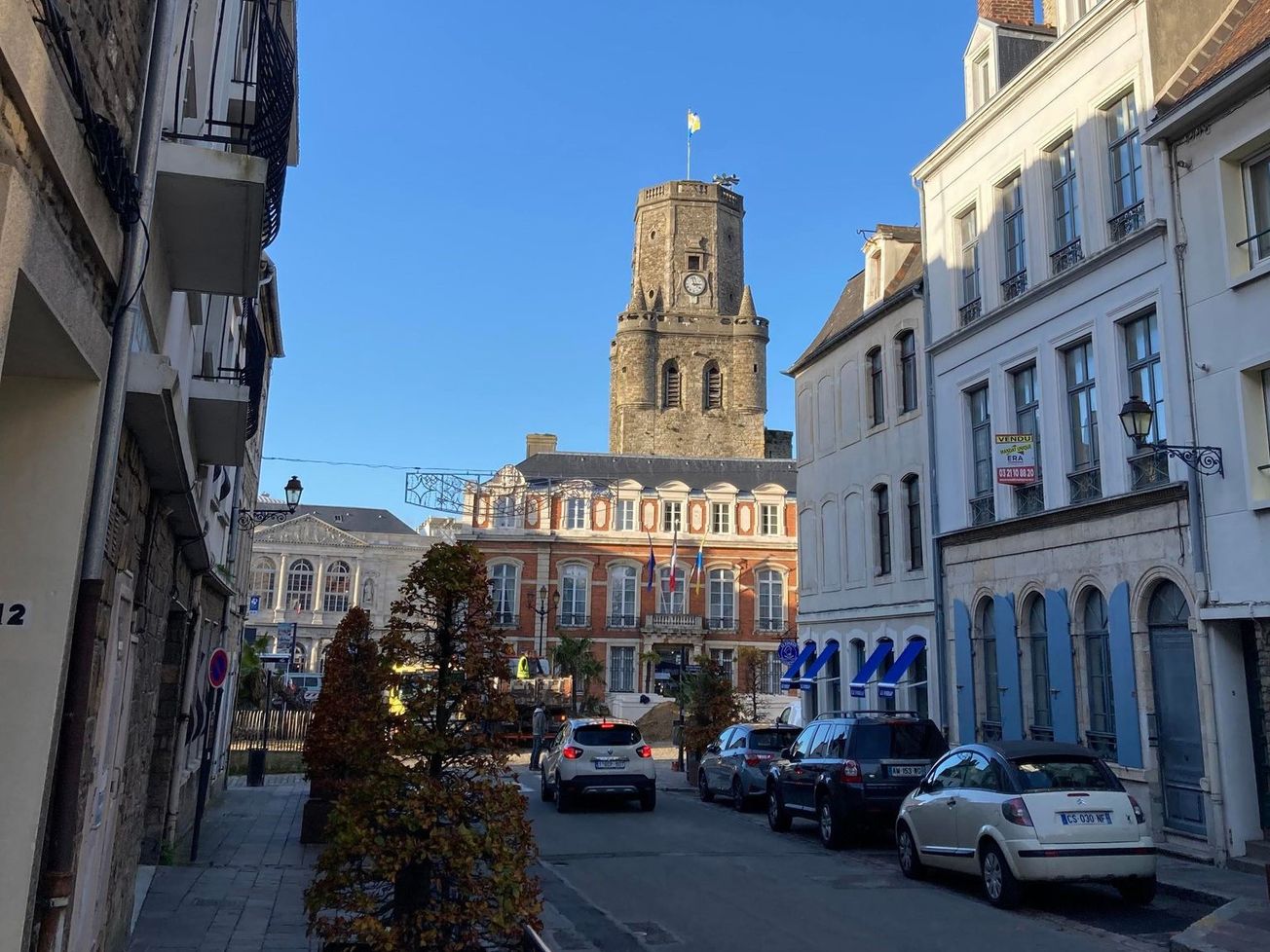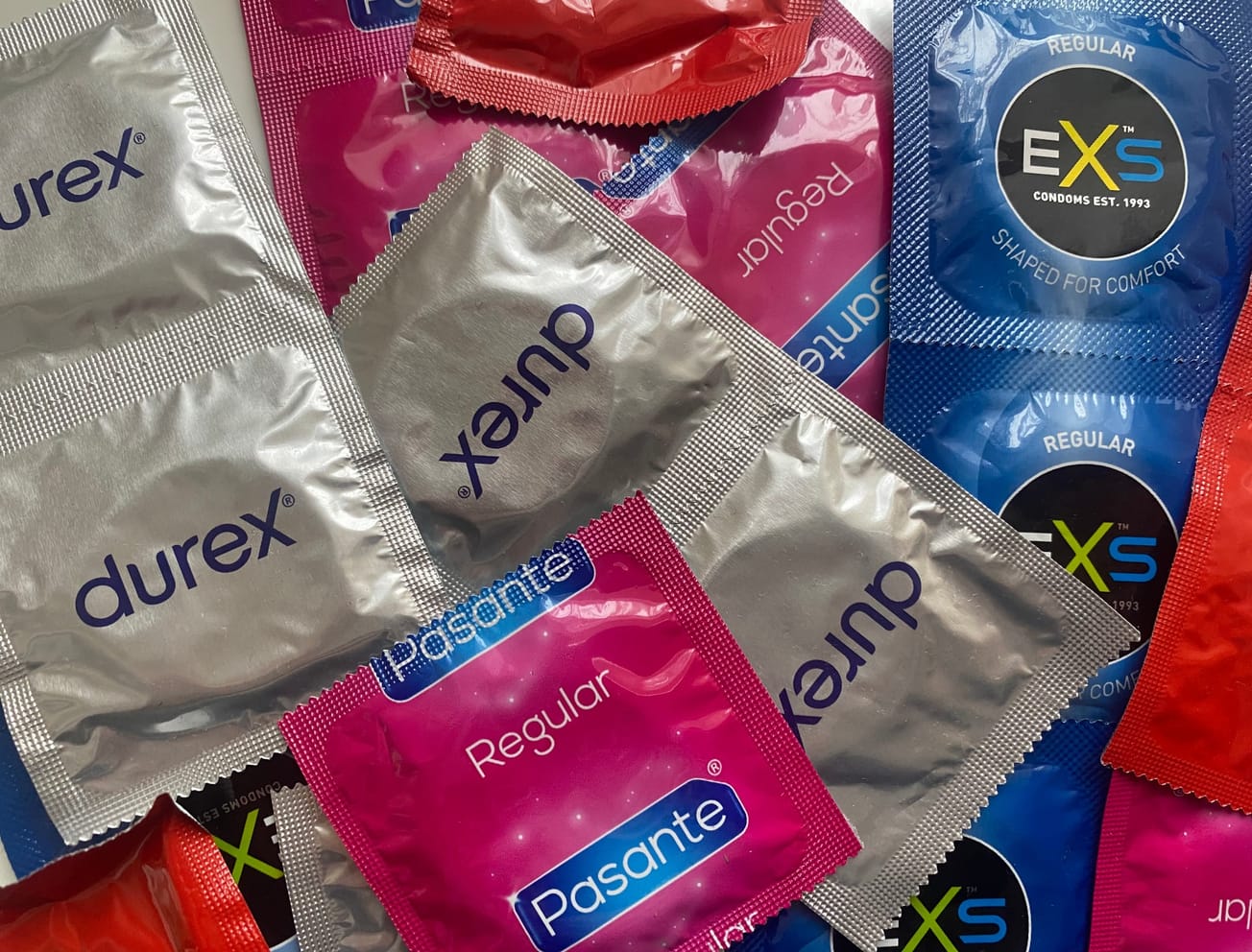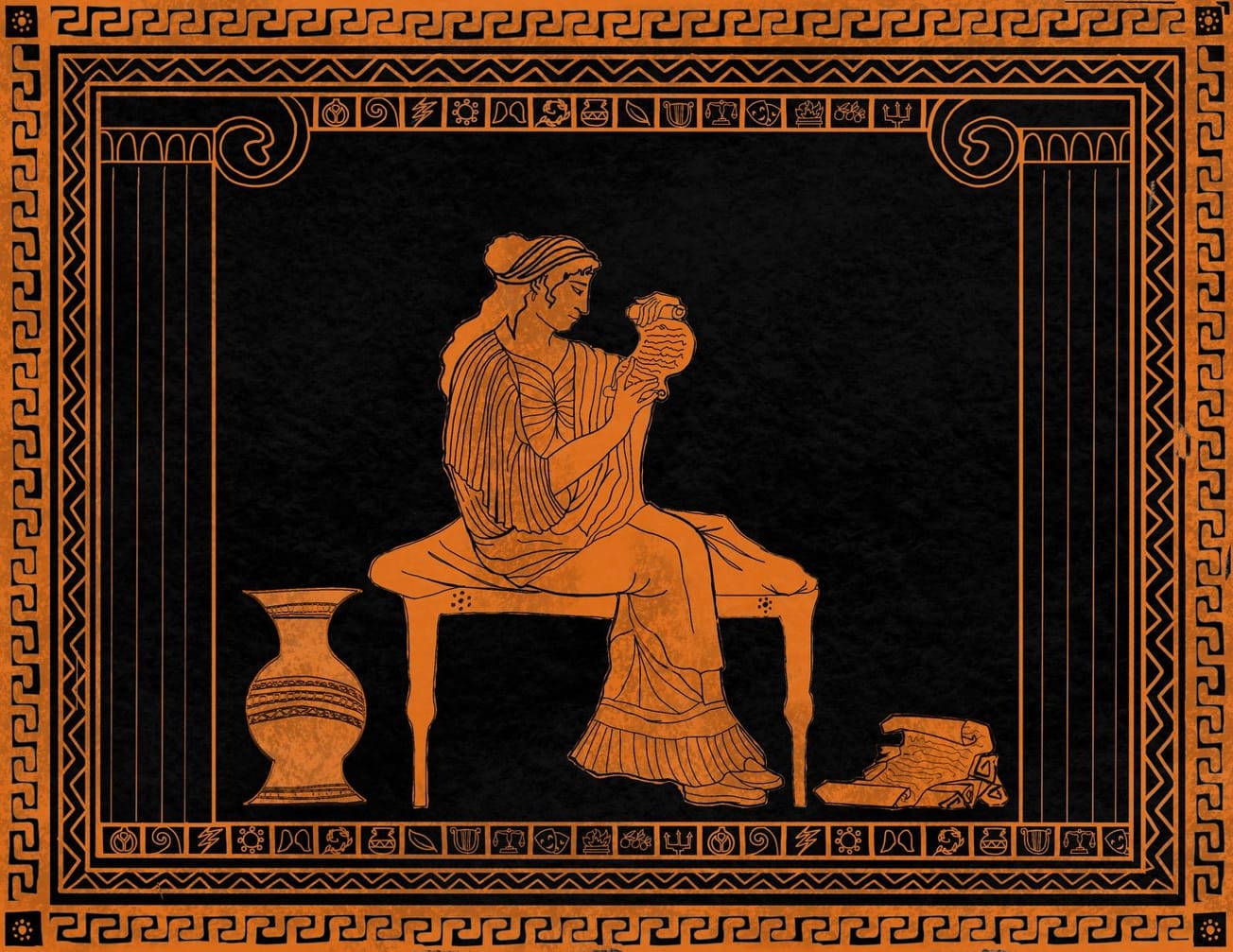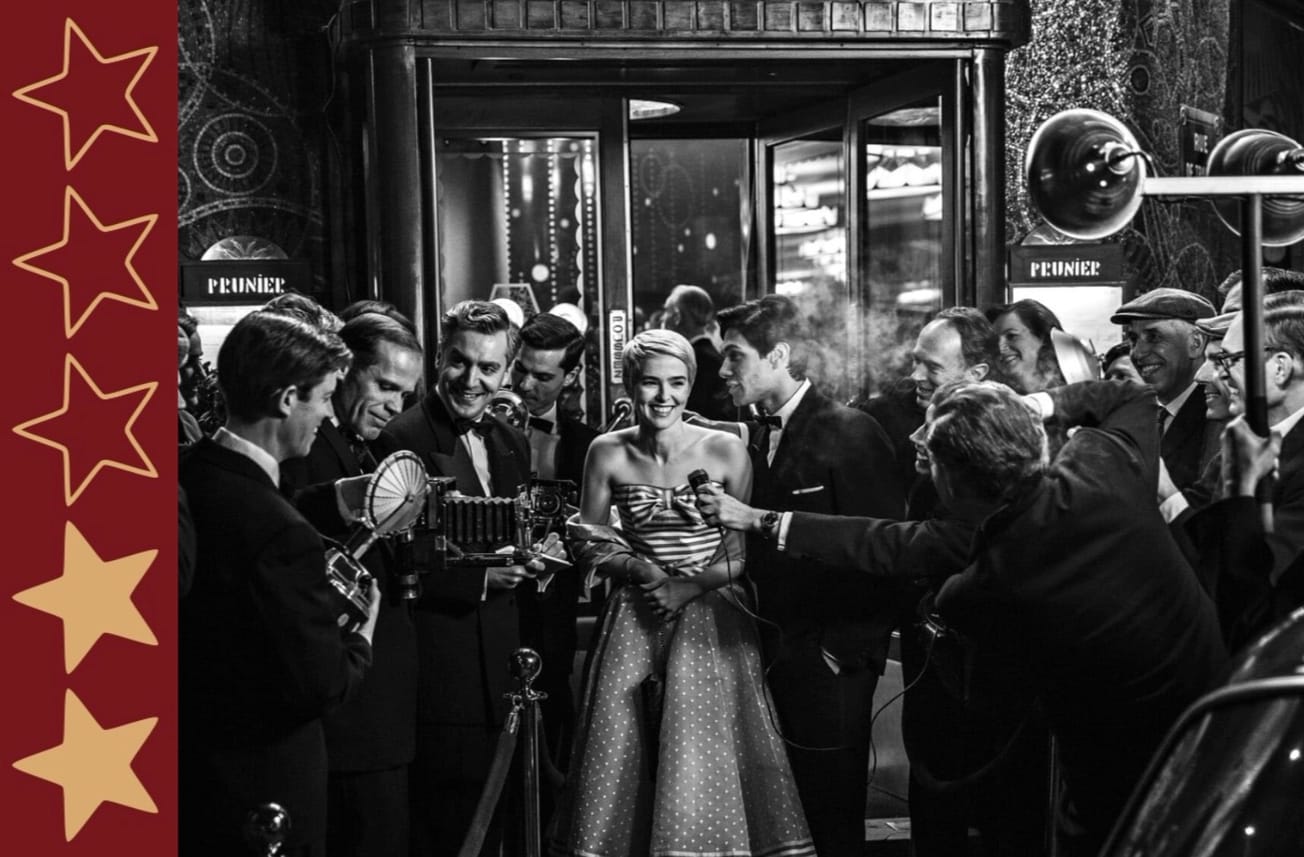By Mark Ross, Opinion Editor
The Croft Magazine // A Year Abroad student in Boulogne-sur-Mer gives his take on the post-Brexit fishing disputes, looking out at the battlefield.
I’ve reached the new year mark in Boulogne-sur-Mer, northern France. Boulogne has declined from a prosperous colonial hub (which explains the impressive museum) to post-industrial fishing port. And now it’s probably an ice cream shop or three away from resembling a ‘seaside town’. It’s a busy place, but in an industrial, not vibrant, way. This description usually elicits a few ‘aw you’ll be back soon, don’t worry’-s and ‘just push through’-s. Yet there’s also a beautiful old town (cathedral included) and a fairly buzzing collection of bars. So far, my experience in Boulogne has been novel and fun, if occasionally lacking in nightlife.
The observation du jour is Brexit. Boulogne is the centre of the ongoing fishing battle between the British and French governments. The dispute surrounds the licenses granted to each country’s fishing fleet to fish in the other’s waters. Britain’s exit from the EU’s Common Fisheries Policy, a consequence of Brexit, is the root of this problem. The issue came to a head when the British vessel Corenlis was boarded by French officials, due to it allegedly not possessing the correct fishing permit. Both sides have been threatening tariffs and other non-financial measures to make fishing more difficult for the other.
I just hope that the countless consequences of Brexit don’t leave me sitting on my own eating French herring on Christmas Day.
With Macron hoping to emphasise his political strength ahead of this year’s presidential elections, and Boris Johnson happy to distract journalists from scandals, this battle could escalate. And for a town heavily reliant on the fishing industry, this scuffle will hurt locals. Potentially limited access to UK waters will stretch supply chains and generally make me more scared to wear my Union Jack hat on the high street. Brexit was also to thank for my (along with thousands of other Erasmus students’) prolonged and tortuous visa application process. Mine took a month to process, and I consider myself lucky… others haven’t even managed to acquire a visa several months later. The threat of Brexit bureaucracy looms around every corner: applying for healthcare, rail discounts, Erasmus funding… the list goes on.
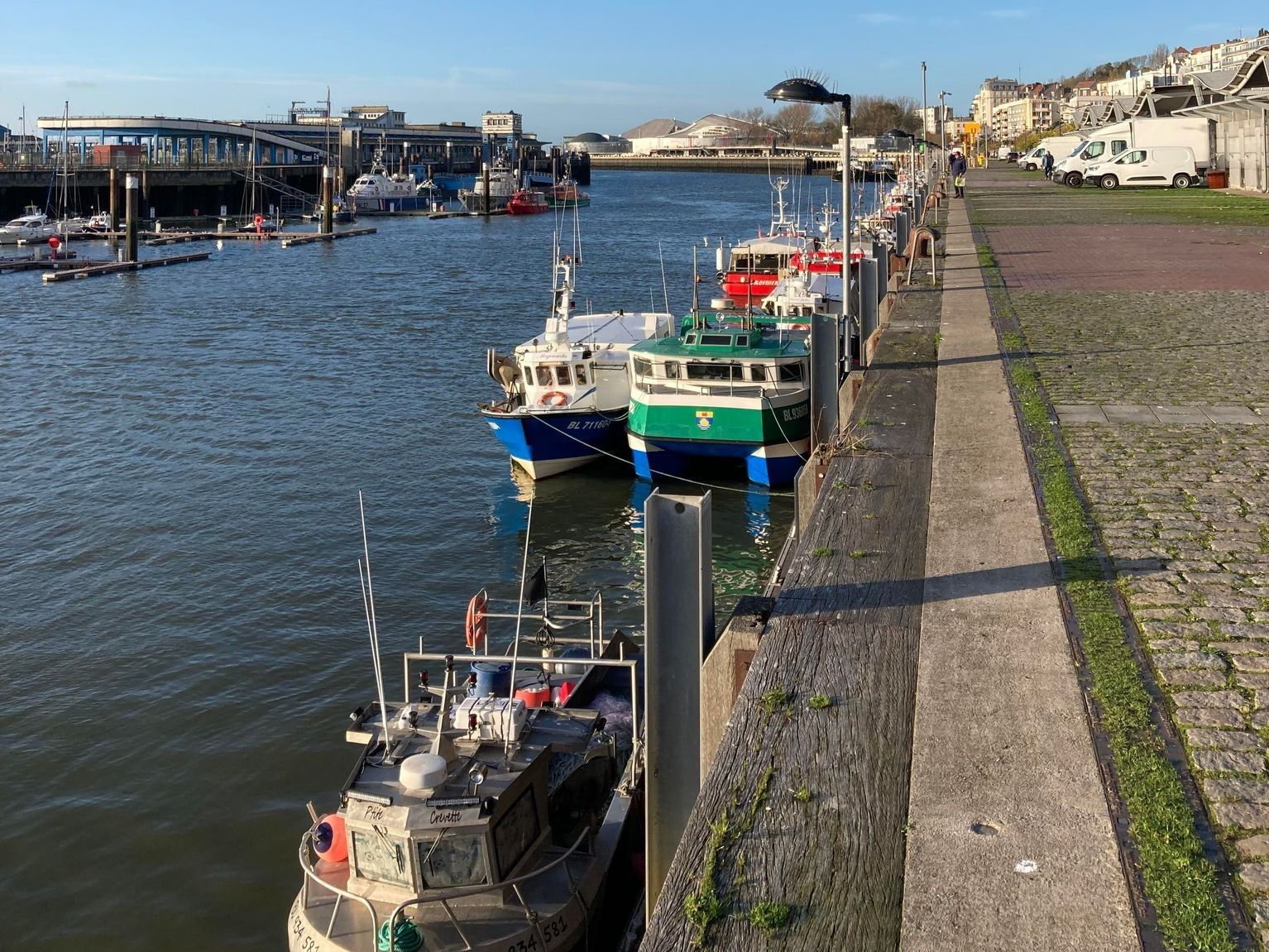
On the election, by the way, Macron will seek a second five-year term in office this April. But, so far, 21 further individuals have announced their candidature. Notable challengers include Marine Le Pen of the far-right Rassemblement National (formerly ‘Front National’) who was the runner up last time around. Anne Hidalgo, the current mayor of Paris, is also running. She’s well-liked and has an excellent track record of implementing green policies in Paris, which will prove popular with younger voters. France’s traditional right-wing party, Les Republicains, will also rebound under Valérie Pécresse.
The polls suggest that Macron is the favourite (24 per cent), despite him not yet officially announcing his candidature. Closely behind are Le Pen and Pécresse, with 16 per cent of polled support. Although this is a convincing lead, French politics is rarely predictable. Macron only formed his party a few months before he won the presidency in 2017, and his three predecessors have also failed to secure a second term in office: the odds looked stacked against him in this regard. And the election looks likely to focus on issues of employment and costs of living, largely thanks to the years of ‘Gilet jaunes’ protests, which have mired Macron’s presidency.
Featured Image: Mark Ross / Epigram

